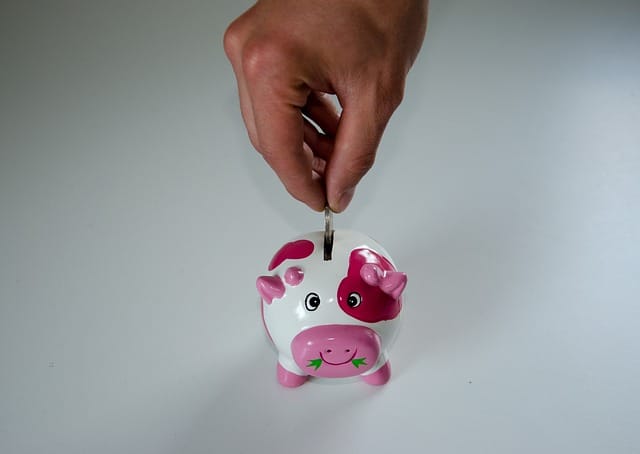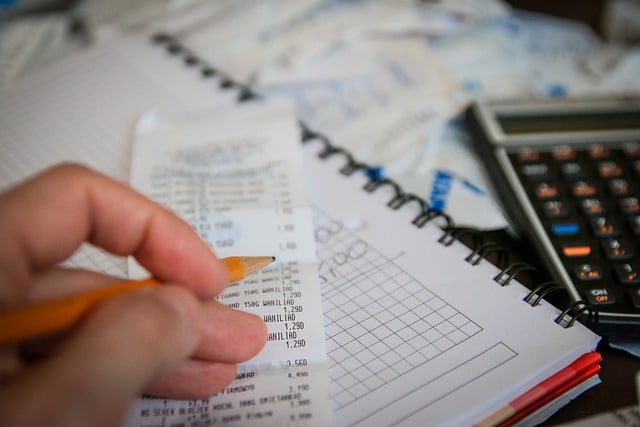
Saving means saving money for the future or avoiding a larger expense.
Saving is the action of saving (saving money for the future, reserving part of ordinary spending or avoiding greater spending or consumption) and the thing that is saved. Savings, therefore, are the difference that exists between disposable income and expenditure .
For example: "If we want to buy a car, we have to save about three hundred dollars a month for two years" , "My grandfather always said that savings is the basis of fortune" , "When I am lucky in business, I dedicate myself to saving: that way, I am prepared for the future in case the situation worsens" , "With government policies, saving is an endangered species" .
If a man earns a thousand pesos a month and spends eight hundred in the same period, his savings will be two hundred pesos. This money can be saved as a safeguard against unforeseen expenses that may occur in the future or in order to make a larger expense (that requires more than a month of savings).
Tips to encourage savings
At any time, and especially in times of crisis, it is necessary to save, which is also called "tightening the belt." Therefore, a series of tips that are of great interest must be followed, such as the following:
• It is necessary to avoid compulsive purchases. You only have to acquire what you really need.
• You have to thoroughly analyze supermarket prices to see which one offers the best products and discounts.
• You must also keep in mind the second-hand market as it offers very interesting items.
• When buying clothes you can opt for wholesale companies, which offer more affordable prices.
• Reduce unnecessary expenses per month.
• Get a mobile phone rate that is cheaper and also covers your needs.

A good way to promote savings is by controlling expenses to cut those that are unnecessary.
Classification according to type
Savings can be classified in various ways. Private savings are those obtained by companies that do not belong to the State and by families in general. In the first case, it is the company's profit minus dividends and can be used for investments. In the family case, savings are the family's income minus consumption expenses.
Public savings , on the other hand, are carried out by the State. Income is obtained through taxes, state companies, etc., while spending is carried out on hospitals, schools, roads and public works in general. If the State saves, we are facing a surplus situation (income exceeds expenses); Otherwise, we speak of a deficit (income is insufficient to meet public expenses).
It is very important to establish that what is known as a savings bank exists. Basically this is an establishment whose clear objective is to proceed to save the savings of ordinary citizens who request it, its clients, at the same time granting them an interest in it.
Savings in electricity consumption
In addition to taking into account the tips that help save money, you can carry out energy savings , that is, a reduction in consumption that helps you pay less on your electricity bill. This can be reduced by following recommendations such as these:
• Turn off those devices that are on and not being used.
• Do not put appliances, such as dishwashers and washing machines, at half load.
• Aim to have the air conditioning and heating at the recommended temperatures.
